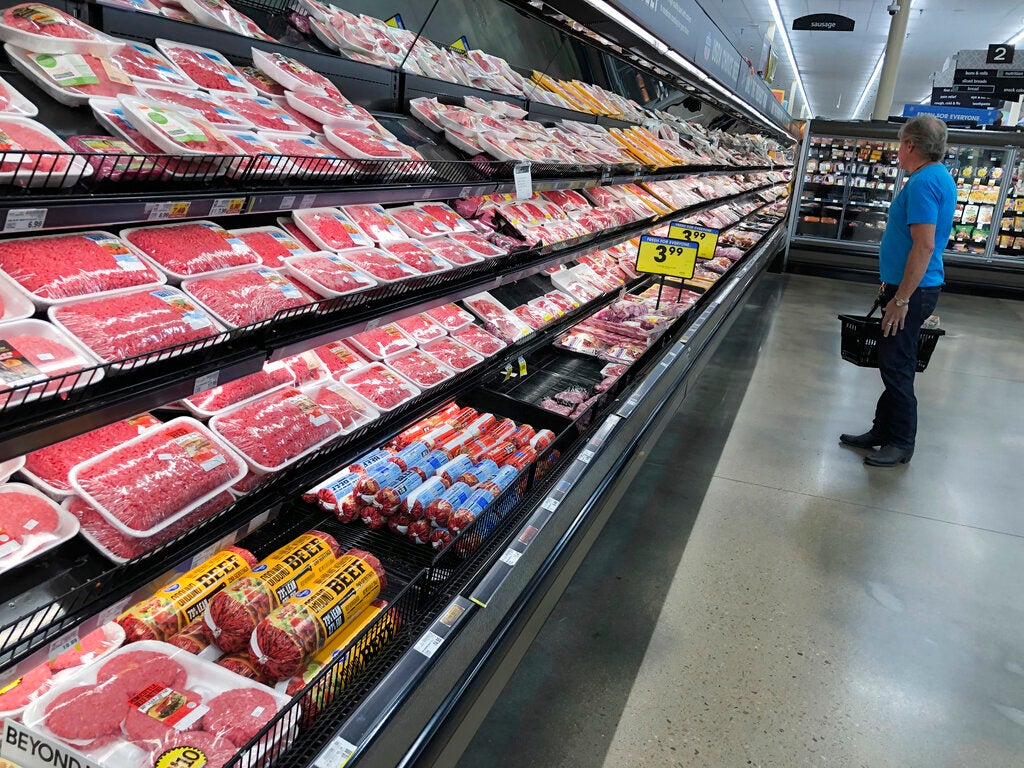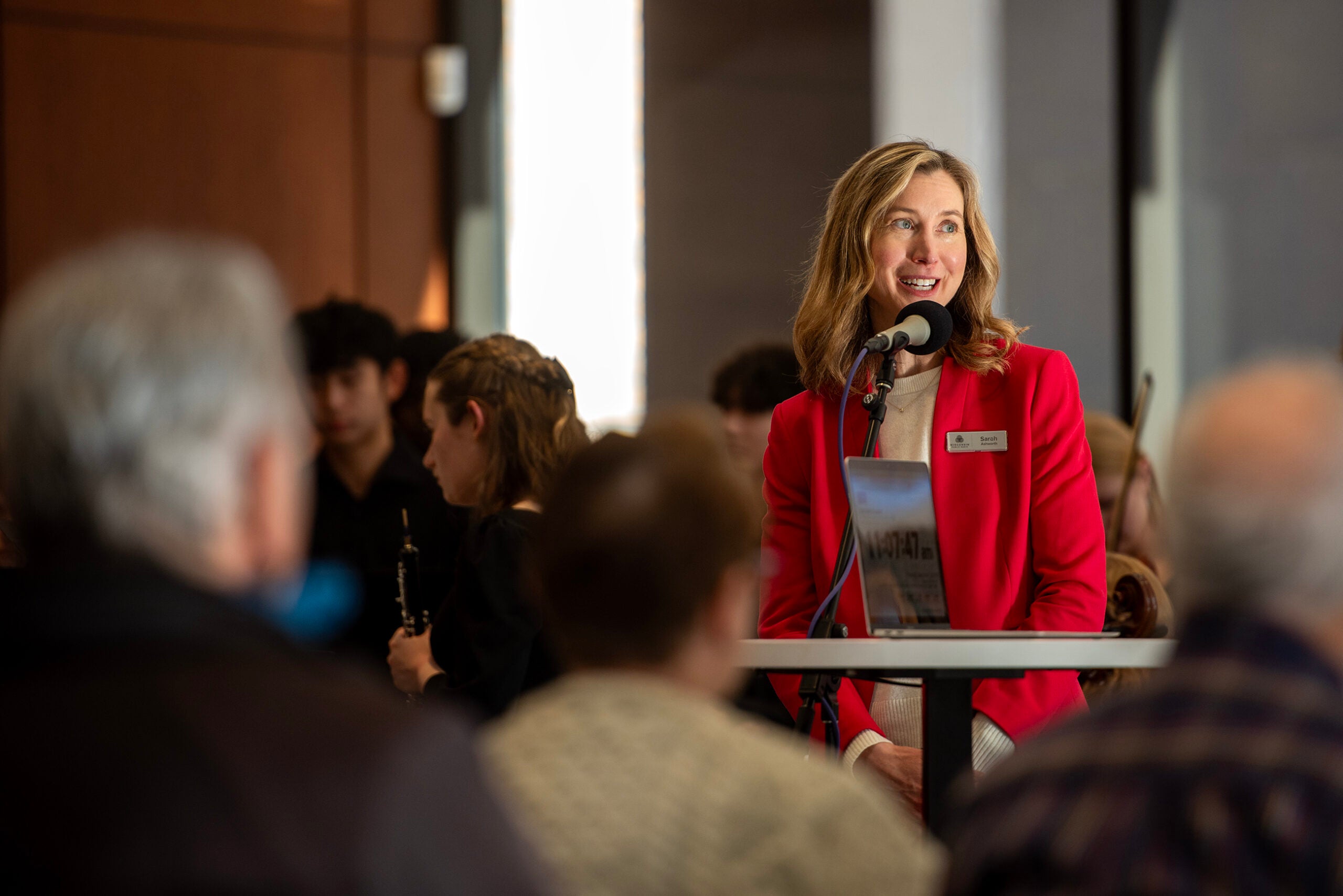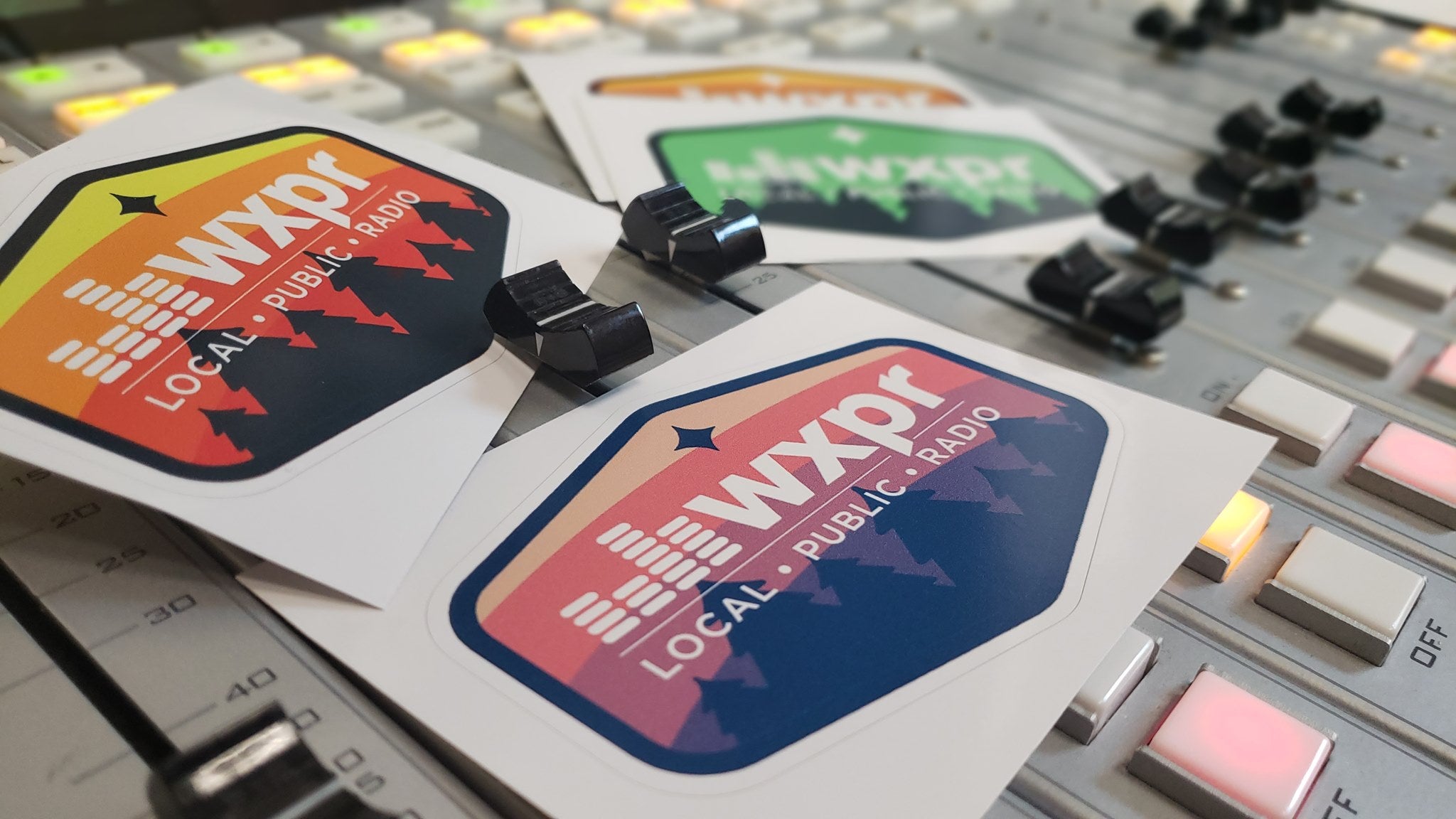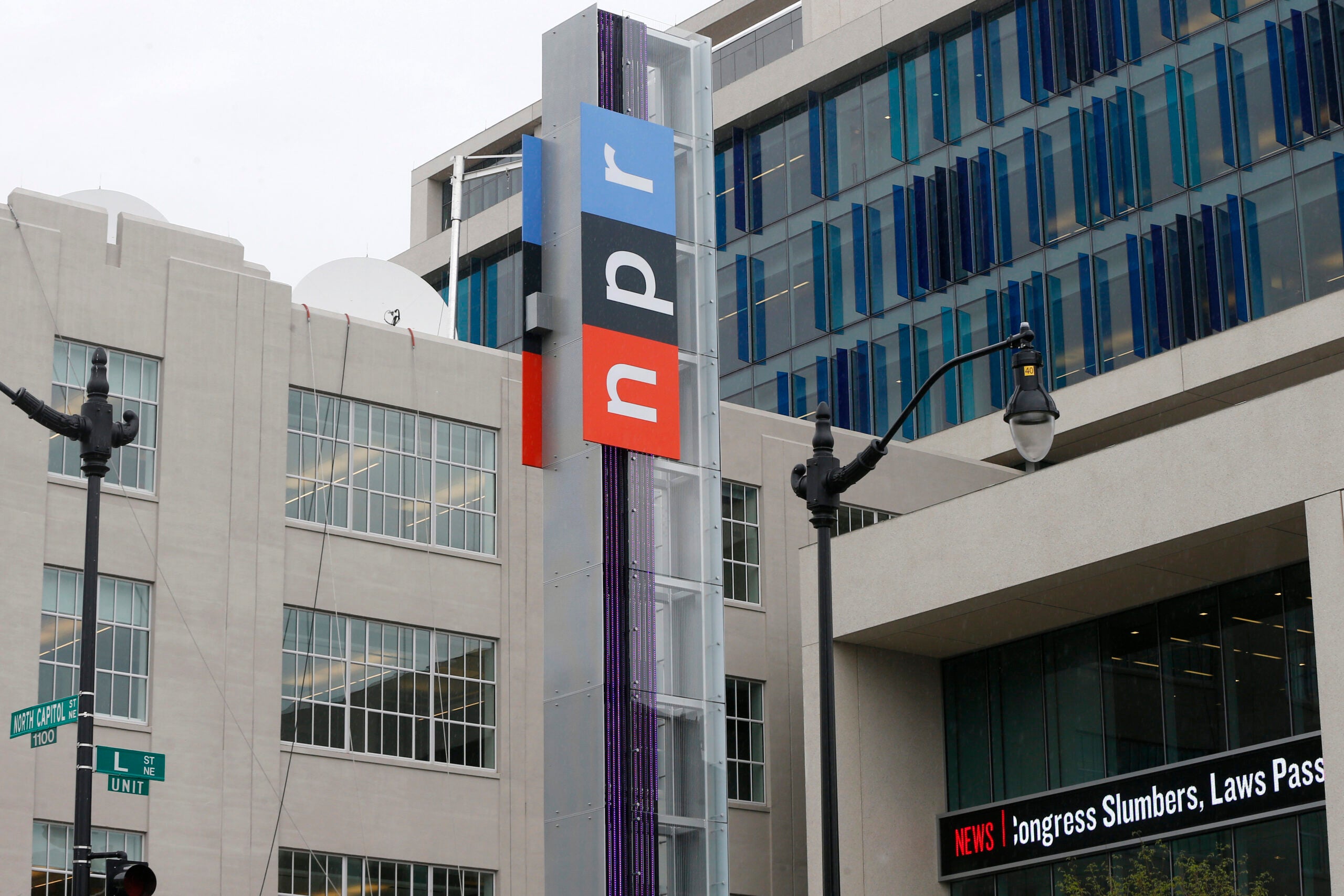Nearly 60 percent of Americans feel misunderstood by news organizations, and a majority of them identify as Republicans.
That’s according to a study from the Pew Research Center that says 73 percent of surveyed Republicans said the news media doesn’t understand them, compared to 40 percent of Democrats and 60 percent of independents.
Even among Republicans who say they are very interested in the news, 74 percent said they’re misunderstood, compared with 27 percent of Democrats.
News with a little more humanity
WPR’s “Wisconsin Today” newsletter keeps you connected to the state you love without feeling overwhelmed. No paywall. No agenda. No corporate filter.
The disparity among partisan groups doesn’t bode well for the future of journalism, Mike Wagner, an associate professor at the University of Wisconsin-Madison School of Journalism and Mass Communication, said in an interview with WPR “Central Time” host Derrell Connor.
This interview has been edited for brevity and clarity.
Derrell Connor: Let’s break down the study. The higher the education level of Democrats, the more likely they were to feel understood by the media. The most educated Republicans said they were least likely to feel understood. Does that surprise you?
Mike Wagner: Not really, because there’s a long history of us knowing from survey research and ethnographic research, conservatives are way more likely to think that the media are biased against them than liberals are.
When you enter into a relationship with the news organizations that you follow, and you’re more likely than others to think that group is biased against you, it’s not surprising that you trust them less. It’s not surprising that you think they understand you less.
DC: Considering the main three networks — CBS, NBC and ABC — do you think they tend to lean one way or the other?
MK: I don’t think that they have ideological or partisan biases that infiltrate all of the news coverage that they do. I think it’s way more likely for news organizations to have a commercial bias, which is to say they want to cover things that they think people are going to watch, read or click on.
We’re going to see way less coverage of the umpteen Democratic candidates’ alternative minimum tax ideas over videos of them saying objectionable things 20 years ago. One thing is going to get clicks and one thing is not.
Most of the research about this suggests that the mainstream news media are not ideologically biased across issues.
It might be that when covering abortion, Democratic Party positions get a little bit more attention than Republican ones. But when covering taxes, Republican preferences get more attention. There’s evidence suggesting that the party that has the biggest reputation on the issue gets the best coverage, not necessarily Democratic bias or a Republican bias all around.
DC: The reason why I brought up the last question is because even before President Donald Trump’s election, the news media was being seen increasingly through a partisan lens. Do you think there’s some overlap between the feeling of being understood and having your politics agreed with?
MW: I think so, especially because in the last couple of decades, our political identities for many of us have become a more important part of our overall identity.
Some research we’ve done in the School of Journalism and Mass Communication used Marquette Law (School) poll data to show that over the last couple of years, more than 30 percent of Wisconsinites said they stopped talking to a friend because of their views about politics. In a survey we conducted in the fall, 15 percent said they’ve ended a friendship, or they’ve stopped talking to a family member altogether.
And that’s because between 15 and 30 percent of us really care about politics, and so we bring that to the news that we engage with, and we’re looking for evidence that we’re right and we’re looking to criticize evidence that suggests we’re wrong.
DC: Do you attribute that more to people taking the directive from politicians wanting to criticize the media or is it due to some media channels just getting more partisan?
MW: I think it’s a little of both. There’s a long history of politicians blaming the news media for their problems. And there’s not quite as long of a history of Republican lawmakers in particular making the case that the news media, especially the mainstream media, are biased.
So part of the message on the right, maybe since the mid-1980s, is the idea that Republicans have, on purpose, made the argument that the media are biased and done so in a way to sow doubt about reports that are less favorable to their side.
DC: What would you say to people who believe their political preferences aren’t reflected in the personal political leanings of reporters? For example, a belief that most journalists didn’t vote for Donald Trump?
MW: I did a survey experiment of about 650 journalists around the country in 2016 — people who worked in television or newspapers in the top 150 media markets in the country. About 19 percent of journalists in the survey said they voted for Donald Trump, 34 percent said Hillary Clinton, hardly anybody voted for the third party candidates. Others said they don’t vote (as a way to remain completely unbiased) and some journalists didn’t want to say. About 1 in 5 were willing to say they voted for Trump and a little more than three out of 10 said that they voted for Hillary Clinton.
This is a common argument that’s made about media bias.
And one thing I think that frustrates journalists to no end is that it’s not a question that gets asked of other professions. If a plumber is at your house, you don’t ask if they’re a liberal plumber or a conservative plumber, if you have a picture of Trump or Barack Obama in your kitchen.
Journalists are professionals who face sanctions for doing an unfair and biased job of covering politics and so, by and large, they try to do their best to be as fair to everyone.
DC: Do you think we’ve reached a point where the line has been blurred between folks who actually do the news versus those who come on television and give their own opinion or their own slant on things?
MW: Those lines are increasingly blurred all the time, which I think makes it hard for people to distinguish fact from opinion. Another part of the Pew study pointed out that people have a tough time distinguishing factual statements from statements about opinion, and then more generally people aren’t great about remembering where they learned something. Did I learn that from the news, or did I learn that from the Opinion Page?
DC: What do you say about people who don’t believe media are covering climate change properly?
MW: There’s been a steady and growing criticism to the point of some success over the last decade to try to persuade reporters to abandon the more traditional practice of journalism — we’ll tell you side A, we’ll tell you side B, and you decide for yourself.
But with an issue like climate change — where virtually all of the people who study it say this is happening, it’s primarily caused by human activity and there are things humans can do to help alleviate some of the effects — there have been more and more journalism organizations covering that and giving less time to climate change deniers.
Now some climate change deniers are really prominent senators who control committees that decide whether science funding happens, so they get attention. But increasingly, there’s been less of a 50/50 style of coverage on issues where the facts aren’t really in dispute. But then journalists really open themselves up to charges of bias because those who don’t believe in climate change say, “Oh, you never give our side any attention.”
Wisconsin Public Radio, © Copyright 2025, Board of Regents of the University of Wisconsin System and Wisconsin Educational Communications Board.







